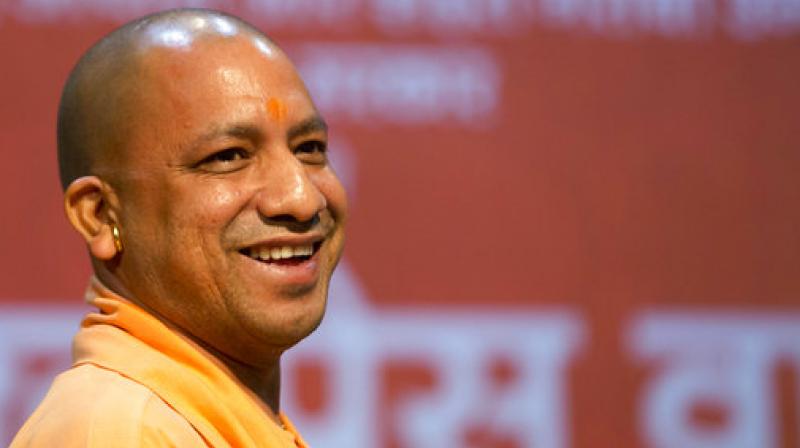Finally, some one decided to look beyond the established lines of minimal interference of the state in the matters pertaining to the regulation of properties belonging to the minority religious institutions. Taking a bold step, the Uttar Pradesh government has decided to dissolve the Shia and Sunni waqf board in the state.
The Waqf boards were the custodians of the properties belonging to the minorities in the state like burial grounds, community centres etc.
The lands were obtained either as charity or endowments from the state or individuals. The Waqf Board was entrusted with the job of developing these lands and obtain revenues for the state treasury. However the story was a bit different in UP.
The state waqf boards behaved as private organisation of the erstwhile Waqf minister of UP, Azam Khan. The role of the chairman of the Shia Waqf Board, Wasim Rizvi too was suspected in the murky land transfer deals carried out by the waqf boards. The duo was indicted by the fact finding committee that was established by the Central waqf Council to look into this matter. It was reported that Azam Khan made a Maulana Jauhar Ali Trust and in his ministerial tenure waqf properties were transferred to his trust under the name of endowments from the state to the trust for running a university on the land.
However, this has one implication that is being ignored so far and that is in the Ayodhya dispute. As such, the Lucknow Bench of Allahabad High Court had given a third of the disputed land to the Waqf Board and it has gone to the Supreme court as well challenging the decision of land distribution between the 3 litigant parties.
In case if no successor body is nominated, the status of Waqf Board as a litigant remains withdrawn automatically.
What this does is that, it takes away the last patronage of the state towards a particular community in the long drawn legal battle. This will hasten the hearings in the case and also provide level playing grounds to all the parties involved. It was also a bit strange to see a government body in a secular nation fighting for the interest of a religious group. Its active involvement in the case as a litigant was against the secular ethos of the nation as the cost of the litigation came from the money of the tax payers.
Another strange aspect was that a state funded body was fighting for occupation of a land that had been acquired by the Central Government .
Lastly, the Babri structure itself has been the bone of contention between the two boards. The masjid was supposedly built by a Shia general of Babar named ‘Bir Baki’ after demolishing the temple, so the property automatically qualified as a Shia Waqf Board property. However, it was the Sunni Waqf Board that was fighting the case in the Supreme Court.
The State Government has hence started doing its bit for the cause to which it appeared committed in its manifesto i.e. the construction of a Ram Temple within the ambit of law. We just pray that the sincerity does not fade away like it did in the previous state governments of Rajnath Singh and Ram Prakash Gupta in the state.
